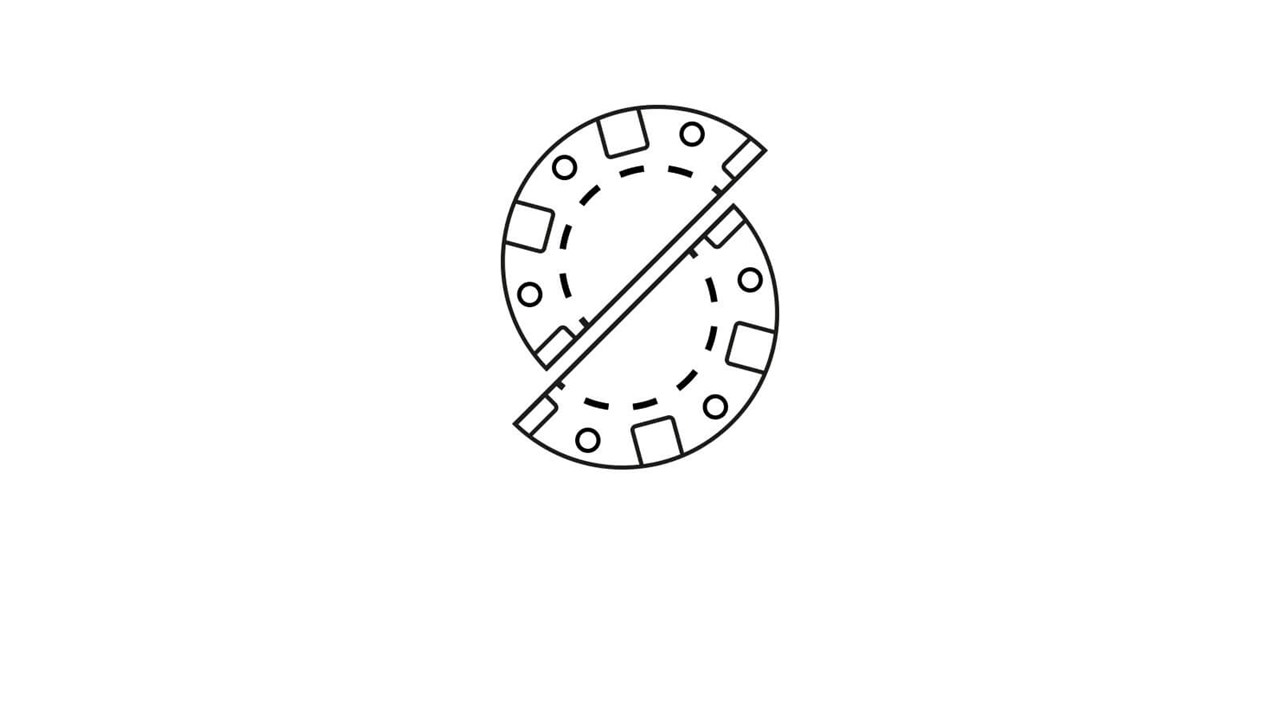
Blackjack: Doubling, Splitting and Insurance
Are you comfortable with the blackjack basics? It's time to move on to mastering some of the more advanced aspects of the game. There's a lot of nuance in blackjack and many casinos have slightly different rules, especially when it comes to small differences in how things like splitting and insurance work.
Let's give your blackjack know how a boost with an intermediate lesson covering doubling, splitting and insurance.
DOUBLING
You're probably used to hitting in blackjack by this point. But what if you feel super confident about your hand and want to bet a little more? And what if you'd like to really rattle the dealer's confidence in their hand? It's time to get doubling.
Also known as doubling down, this move allows players to effectively “buy” one more card face down, thus increasing their stake. In some games players are only allowed to double their initial stake. In other games, casinos will allow players to increase their bet by anything up to 100%.
After the double down, players must commit to playing their hand with no additional doubles, splits or hits. In a live game, players can signal this move by placing their increased stake next their their original bet in the betting box and by pointing with one finger.
SPLITTING
If the first two cards you are dealt are a pair, you may choose to split them. This means you can play the game with two hands, increasing your chance of success and your potential rewards. You will, however, need to equal your original stake on your newly split hand, so you will be betting double the original amount.
There are a lot of variations and alternative rules which relate to splitting. Some of the most common include:
• Allowing all cards with the same value to be split (i.e. a 10 and a Queen)
• Restrictions on further doubling and splitting after a split
• Considering blackjacks as a non-blackjack 21 score after a split
INSURANCE
When the dealer's upturned card is an ace, the likelihood that the downward card will be a picture card is high. This means there's a high probability (slightly less than a third) that they have a blackjack, thus ending the game and resulting in you losing your stake. To counteract this, many games offer an extra, separate insurance bet which is made after the ace is shown but before the dealer checks the down-turned card to identify a blackjack. If the dealer has a blackjack, these bets win.
In most cases the payout from this bet is 2:1, allowing you to double your money. Many players will place a bet which is half that of their original hand. If the dealer has a blackjack, the player will then recoup all of their losses from the original stake. If the dealer doesn't have a blackjack, the loss remains relatively small.
Ready to try out these more advanced aspects of blackjack? Why not try your hand at our exciting online blackjack tables?